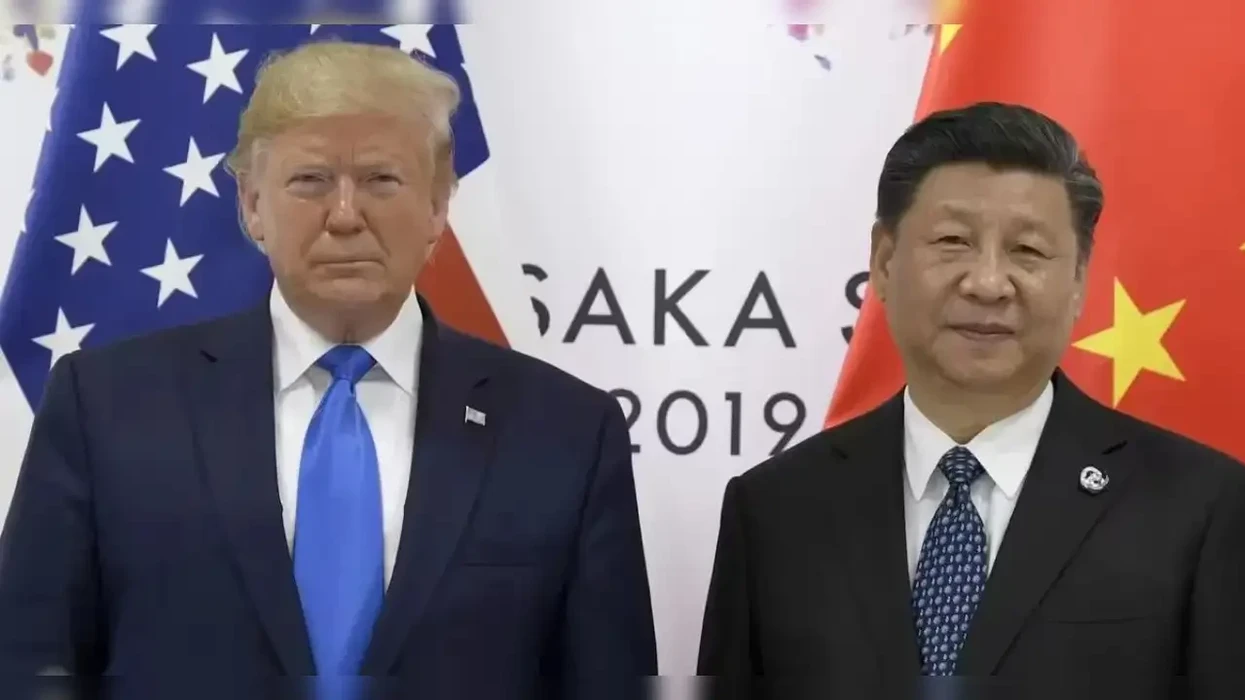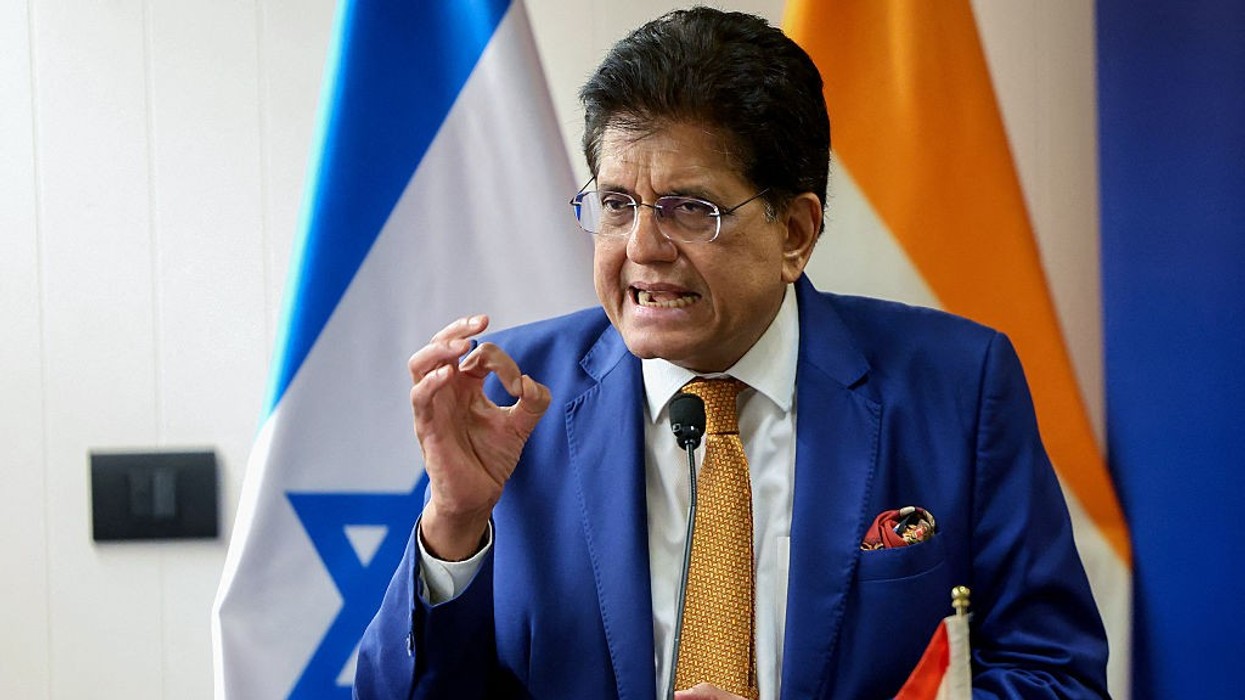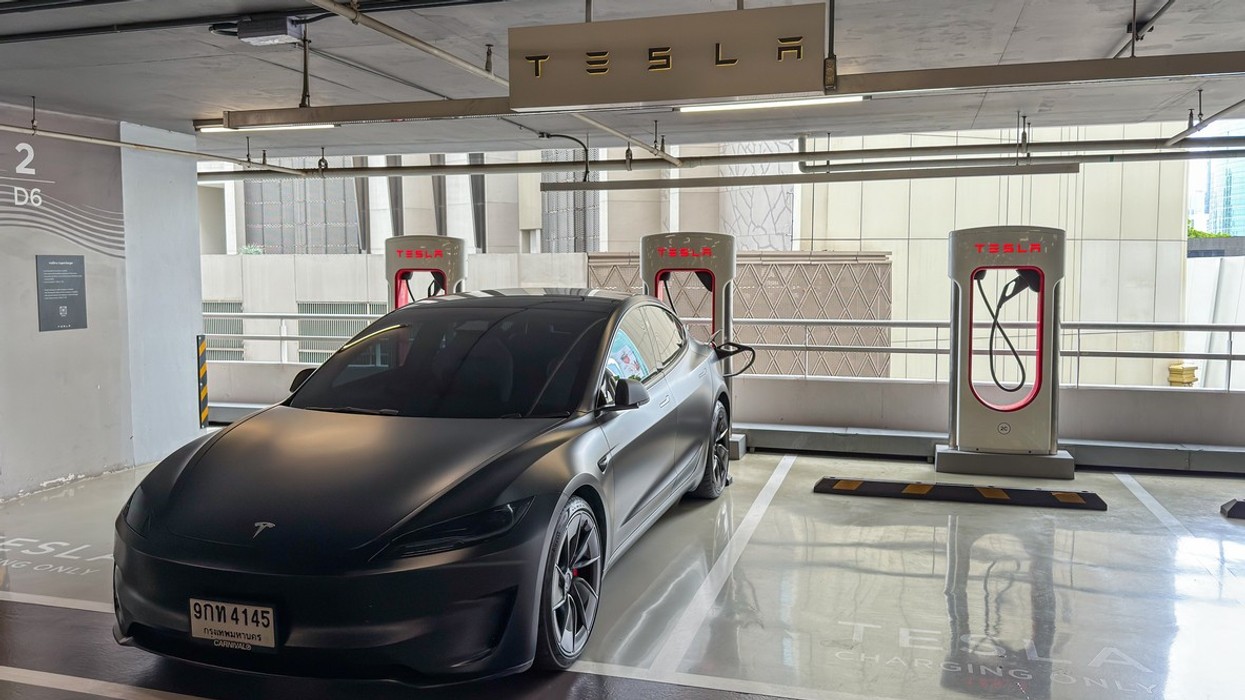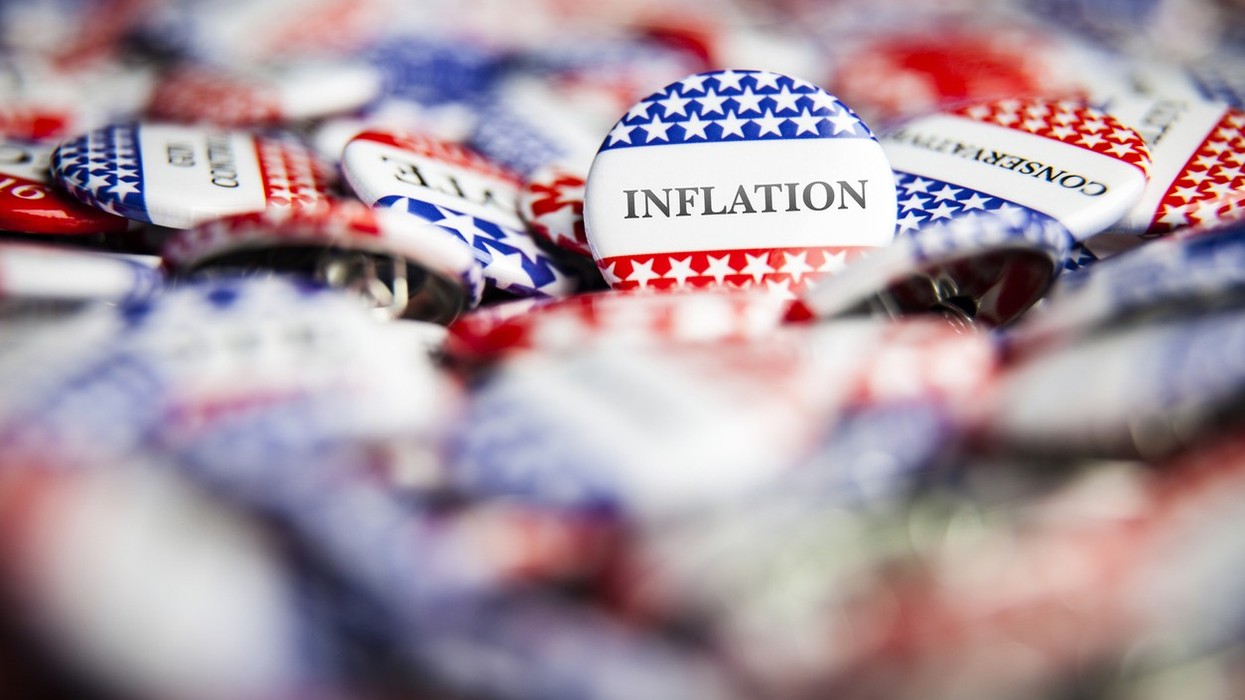China’s exports of rare earth magnets to the US surged more than sevenfold in June compared to May, following a new Sino-US trade agreement. The spike came just months after Beijing imposed export restrictions on several critical magnets, widely used in electric vehicles, wind turbines, and MRI machines, in what was widely seen as a response to US President Donald Trump’s tariff measures against China.
After the Sino-US trade agreement, which eased trade between the two nations, the US received about 353 metric tons of rare-earth permanent magnets. It is a significant increase of 660% from the previous month. China's most recent report on the subject stated that exports were half as high as they were in June of last year.
Beijing tops the world's rare earths production with an estimated 90% of the market. US was the second-largest destination for China’s rare-earth magnets, just after Germany. It relied heavily on their imports for its large manufacturing sector, especially automotive, electronics and renewable sectors.
In total, China shipped 3,188 metric tons of rare earth permanent magnets to other countries last year, which was 38% less than during the same period the previous year but approximately 160% more than in May. This growth can be attributed to last month’s trade framework established between Washington and Beijing that eases controls on Chinese rare-earth exports as well as rolled back certain US tech export restrictions.
Magnet shortages have been noticeable in emerging industries, including humanoid robotics. Elon Musk said in April that trade constraints had caused a halt in the production of Tesla's Optimus humanoid robots.
The vast production and control of rare earths, concentrated in China, has prompted some global governments to search for a replacement and ways to support domestic mining. However, experts say that an alternative could take years to complete.
Following the temporary halt in April, Nvidia also announced this week that it would be resuming its exports of H20 AI processors to China. Additionally, controls over the operations of American AI chip software companies have been lifted.






 Let’s stop shaming Genzfor switching jobsI see a lot of ‘career gurus’shaming 22-year-olds for switching jobs every year.But isn’t that exactly what the youth should be doing? 🤔Early in our… | Anupam Mittal | 561 comments
Let’s stop shaming Genzfor switching jobsI see a lot of ‘career gurus’shaming 22-year-olds for switching jobs every year.But isn’t that exactly what the youth should be doing? 🤔Early in our… | Anupam Mittal | 561 comments 







